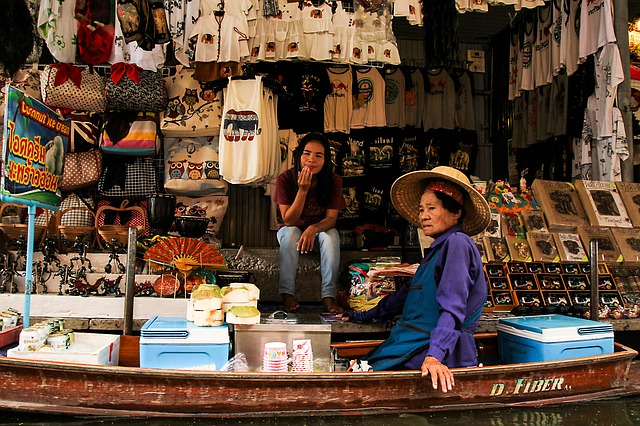The dramatic deterioration of the US-China relationship has triggered a Cold War-like situation in the world. While the US is aiming to open states during Coronavirus crisis, the nationwide lockdown in China that lasted for almost two months has affected the economy as it shrank 6.8 percent in the first half of the months in 2020. But the Chinese politicians are concentrating on a fast-growing economy in the country that is very different from the traditional one.
In Hubei, which has a population of about 60 million people, senior officials are turning themselves into online streaming celebrities and endorsing local brand through live broadcasts which are emerging as a new option for enterprises to resume production.
New option to boost the economy in China

As reported by Chinese media, on the first day of a campaign that took place on April 8, TikTok live-streaming sales across the Hubei province garnered 17.9m yuan ($2.5m). Li Qiang, the deputy mayor of Wuhan also took part in this new approach and did his first-ever TikTok live-streaming event.
The officials at the province sold nearly 300,000 items in nine hours while using this online platform and the sales also include 44,000 portions of Li's favourite hot and dry noodles. But this is not the only province which is taking advantage of this booming live-streaming industry.
There are officials from Hunan, Shandong and Guangxi provinces who have turned themselves into online sales experts since social distancing became a rule in China. The officials have been endorsing local products to make the economy better while showing a different side of Communist party politicians to the citizens.
Andrea Fenn, CEO of Fireworks, a Shanghai-based marketing consultancy said that selling products via live-streaming during the Coronavirus crisis, has "definitely provided hope and a new outlet for companies to start investing in marketing, which supports the service industry and other industries as well."
Earlier also CCP officials appeared on live-streaming services and business owners in China have used platforms like TikTok and Kuaishou to promote several products in real-time. One of these online sellers is Li Jiaqi, 27, whose attractive business techniques has won him a nickname, "Lipstick Brother No 1." Li who used to be a shop assistant in Nanchang in south-east China but now he has over 40 million followers on the famous online platform TikTok. He once sold 15,000 lipsticks within five minutes though his one live streaming attempt.
Even 33-year-old Wei Ya's one day sale of a $6m rocket launch via e-commerce giant Alibaba's Taobao on April 1 not only amazed the Chinese nationals but also attracted much international publicity. It was the world's first live broadcast of a rocket sale. Even in Weibo, #WeiYaSellsARocket was trending and there were over two million people who turned into watch rocket sale.
A saviour of the Chinese economy?

Luxury product manufacturers such as Louis Vuitton hosted a live streaming sale in March for the first time in 30 years since the brand entered China. Only in February, when the country was under the threat of the Coronavirus crisis, Taobao noticed an increase of around 71 percent in new sellers across China.
As per BBC, Marketing consultancy boss Andrea Fenn said "Now there are thousands of live-streamings out there and consumers are starting to wonder how come we have gone back to a communication activity that looks much like a 1990s telemarketing show. I am seeing more and more companies failing in their ability to increase sales through live-streaming due to consumer fatigue."
The 48-year-old internet celebrity, Luo Yonghao made the news in April with his inaugural live-streaming sales event which attracted around 50 million viewers in China. Within three hours of the live streaming, his sales hit $15.5 million. However, as per Chinese media, the number of his viewers, as well as the sales figures, tumbled by 83 percent and 48 percent over the next fortnight.









